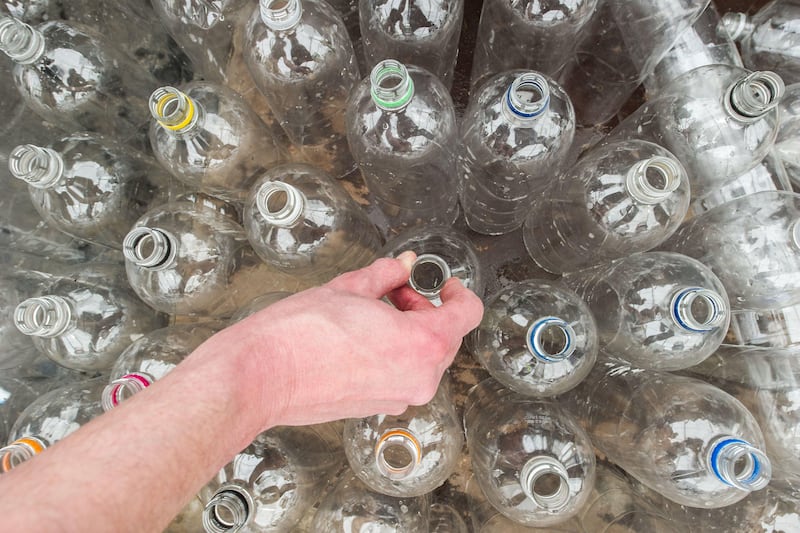The Scottish Government needs to “quickly re-evaluate” its planned deposit return scheme (DRS) to see if it can still go ahead in the face of Westminster attempts to “sabotage” it, the minister responsible for it has said.
Scottish circular economy minister Lorna Slater claimed the UK Government’s forced removal of glass bottles from the scheme north of the border is a “real roadblock” to it.
She also cast doubt on whether the UK Government will have its scheme up and running in England in 2025, as currently pledged.
Scotland’s DRS is due to begin in March 2024, with the earlier start date forcing ministers to seek an exemption from UK-wide legislation that aims to ensure there are no trade barriers between the four parts of the country.
The UK Government agreed to grant the temporary exemption from the Internal Market Act – but with glass not included in plans for a DRS in England, they insisted the Scottish scheme could not include this either.

That decision sparked another constitutional row between the Scottish and UK governments.
Under plans outlined for Scotland, shoppers would pay a 20p deposit every time they buy a drink in a can or bottle, with that money refunded to them when the empty containers are returned for recycling.
Ms Slater said ministers at Holyrood are now “having to evaluate whether this can go ahead”.
Speaking on BBC Radio Scotland’s Good Morning Scotland programme on Wednesday, she said: “We’ve hit a real roadblock with the UK Government, at this very late hour, changing their minds and saying we can’t have glass in the system when businesses all over Scotland have put in already the investment to having glass in the system.
“We now need to quickly re-evaluate, talk to all the businesses in Scotland who have made this investment and figure out how we go forward from here.”
Asked if the UK Government’s decision presents “insurmountable” problems for the scheme in Scotland, she conceded: “This is the question we need to work with Scottish businesses to find out, is it insurmountable?
“We have to rerun all the numbers very quickly, look at what investment has been made and see if we can move forward.
“A deposit return scheme is the right thing to do but Westminster really has thrown a spanner in the works and tried to sabotage the system, and we are going to have to see if what they have left us is viable.”
She added that the “UK Government forcing us to take glass out of the scheme this late in the day is a challenge”, as she accused the Tories at Westminster of U-turning on their plans for DRS.
📽️WATCH: @lornaslater points out the flip flop position of the @ScotTories over glass bottles in DRS.
✍️ https://t.co/3lZqw7Ko1H pic.twitter.com/cdKjS2OA4w
— Scottish Greens (@scottishgreens) May 30, 2023
She said: “Back in 2020 when the Scottish Parliament passed our regulations for the deposit return scheme, at that time all nations in the UK had a commitment to including glass in the scheme.
“So when we went ahead with glass in ours we understood that we were doing the same thing all the other nations of the UK were doing and there would be alignment.
“Very, very late in the day the Tories at Westminster have done a U-turn and said at the last minute they are going to take glass out. But we went forward in good faith with having glass in.”
Meanwhile she claimed it could be three or four years before DRS is ready in England – despite UK ministers saying it will be introduced in 2025.
Ms Slater said: “We passed our legislation in 2020 and here we are in 2023 getting ready to launch. The UK hasn’t even passed their regulations, they are asking us to align with a system that simply doesn’t exist.
“From the point they pass their regulations, they have to get a scheme administrator, they have to get funding, they have to sign up all the producers, they have to get their IT systems and their sorting systems going. That is going to take them three or four years to get going.”








